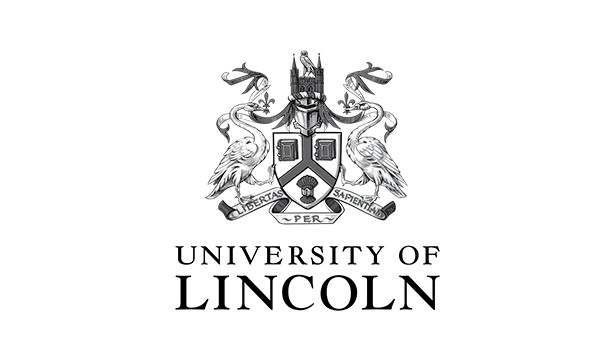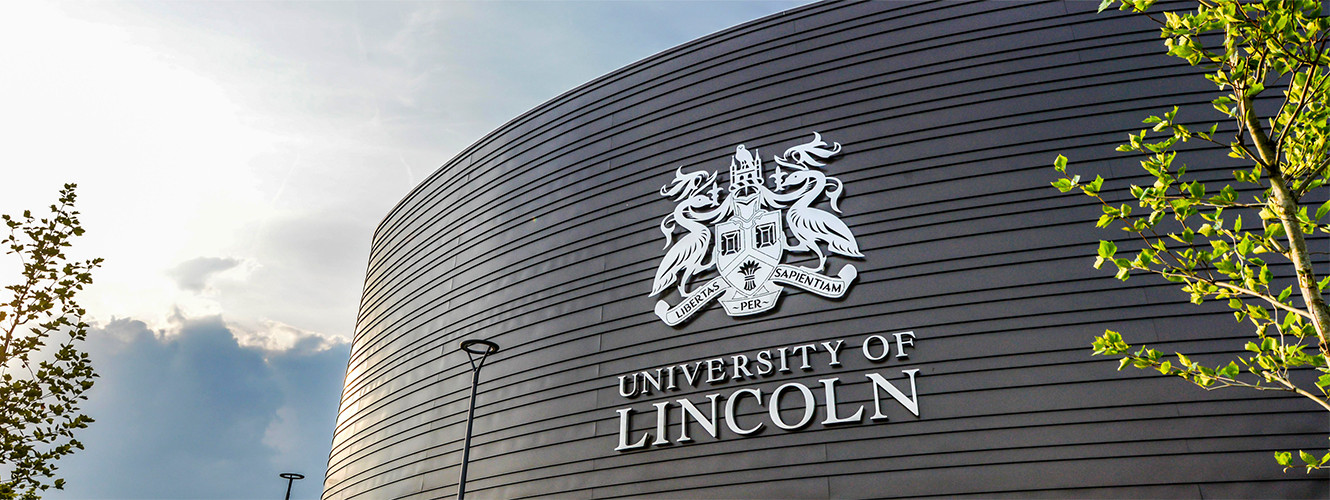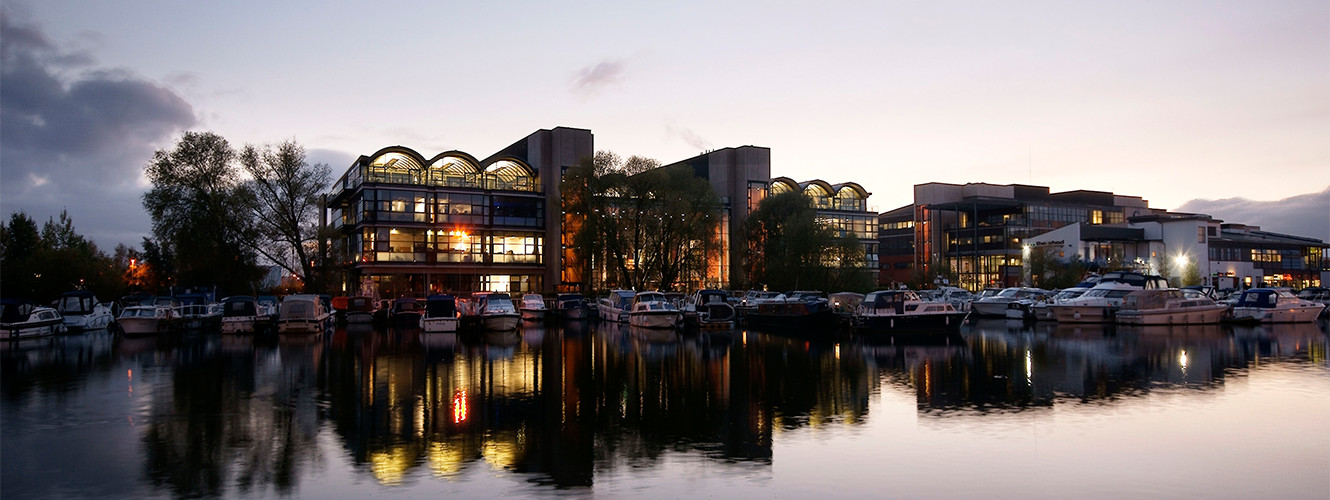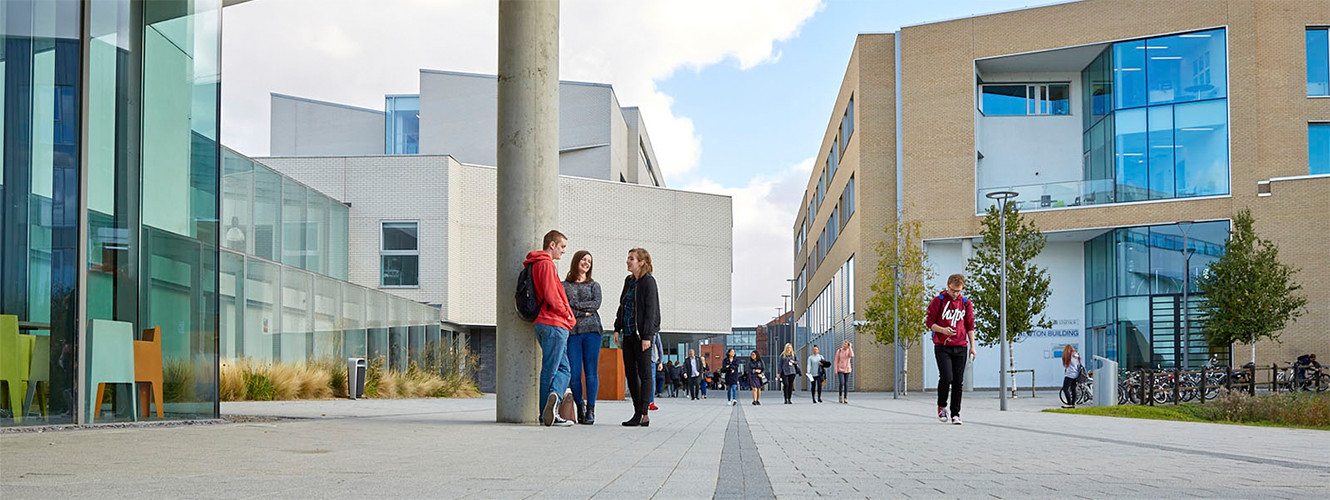UK65 MBio Ecology and Conservation University of Lincoln
-
THÔNG TIN CHUNG
Conserving biodiversity and avoiding the extinction of species are huge global challenges. It has never been more important for scientists to understand organisms and ecosystems, and how they respond to the threats they face.
Ecology and Conservation at Lincoln seeks to explore the natural world, from individuals to populations, and communities to ecosystems. Students are able to examine how organisms interact with each other and their environment, and how these processes are affected by human activities. This helps them to understand the planetary ecosystem and how it responds to environmental change. Students can learn key practical skills that professional ecologists and conservation practitioners are looking for in graduates.
The course offers a diverse programme that aims to provide a firm grounding in the principles of ecology and conservation. It aims to enable students to specialise in the areas that interest them. It is taught by research-active staff in both the School of Life Sciences and School of Geography, who specialise in a wide range of disciplines across evolution, ecology, zoology, and environmental health. Key industry-relevant skills are taught by practitioners from the Lincolnshire Wildlife Trust and Forestry England, as well as speakers from a range of employers from across the sector.
Alongside fully-funded day trips throughout the degree to locations which have previously included Kew Gardens and the Millennium Seed Bank, this course also includes two fully-funded residential field trips in the UK to study ecology in a field setting. There is an additional optional overseas field trip in the third year where previous students have visited the Andean Cloud Forest in Ecuador, the Mankwe Wildlife Reserve in South Africa, and boreal forests in Finland. Those who choose to participate in the international trip are required to pay for their own flights but accommodation and meals at the field site are covered by the University.
Students have the chance to develop practical skills in species identification and environmental surveying, as well as 'soft' skills in scientific methods and communication, which can be invaluable in many workplaces, but are especially critical for ecology and conservation.
Placements
All full-time Ecology and Conservation students may take an optional placement year between the second and third year of the programme. These placements are student-led, but will be continuously supported by academic staff throughout. Placements provide students with the opportunity to gain workplace experience and a chance to hone their skills in a professional environment. When students are on an optional placement, they will be required to cover their own transport, accommodation, and meals costs.
-
CƠ HỘI NGHỀ NGHIỆP
Career opportunities for Ecology and Conservation graduates may include teaching, environmental consultancy, applied conservation in the UK or internationally, and science journalism. Graduates may choose to continue their studies at postgraduate level.
- ĐIỀU KIỆN ĐẦU VÀO
- ĐIỀU KIỆN NGÔN NGỮ
- HỌC BỔNG
- ĐỊA ĐIỂM
Tóm tắt
-
Phí ghi danh
0
-
Độ dài khoá học
4 năm
-
Kỳ nhập học
Tháng 9
Phí Cơ Bản
-
Loại Tiền
-
Học Phí
Trên năm -
Phí Sinh Hoạt
Trên năm -
Tổng






